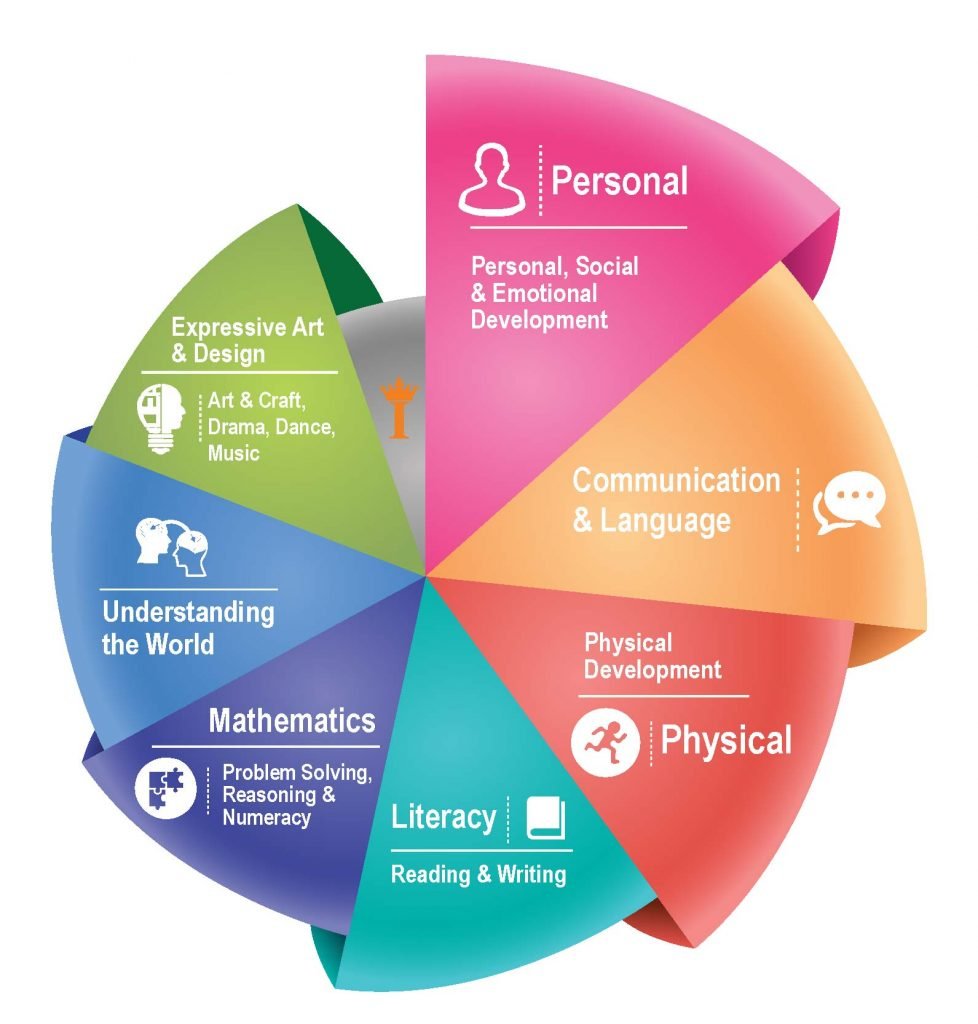
08:00 am - 10:00 am
Early Year Program
EARLY YEARS STATEMENT
This statement guides the principles, organisation and provision for learning and teaching in the school’s Foundation Stage classrooms.
In our school we view the foundation years (3-5 year olds) as a basis for all future learning.
How young children learn
“Young children learn by doing. Knowledge is not something that is given to children as though they were empty vessels to be filled. Children acquire knowledge about the physical and social worlds in which they live through playful interaction with objects and people. They are motivated by their own desire to make sense of their world. For children to understand fully and remember what they have learned the information must be meaningful to the child in context of the child's experience and development.” (Bredekamp ed. 1990)
The Early Years Curriculum
Early Years Programme has reinvented the education dynamics by bringing on board a differential approach to learning where each child is given individual attention. The Early Years Programme aims to incorporate multi-disciplinary learning into manipulative play, giving rise to young children’s curiosity, enhancing the learning process and ensuring that all students develop the knowledge, skills and attributes needed to be successful, confident, responsible and independent learners in the 21st century.
Early Years Programme offers a well-balanced and broad-based curriculum fostering the holistic development of students, with focused subjects described as the
‘Areas of Experiences’ including cultural, personal, social, health, spiritual, physical development and growth.
The learning environment
We value a learning environment both inside and outside the classroom, which is carefully organised to enable children to develop and demonstrate characteristics of effective learning. Children are given free access to the outdoor learning spaces whenever they are supervised by a member of staff. Adults support children in playing and exploring, active learning and developing creativity and critical thinking. We value resources that promote possibility thinking and offer limitless opportunities for play and learning. Children learn by leading their own play, and by taking part in play that is guided by adults. The child and adult engages in ‘sustained shared thinking’
Parents as partners
We believe that parents are children’s first and most enduring educators and when parents and practitioners work together in Early Years settings, the results have a positive impact on children’s development and learning. We encourage parents to contribute to our assessments and provide advice and support on how learning and development can take place at home.
The Key person role
Each child is assigned a key person who helps to ensure that every child’s care and learning is tailored to meet their individual needs, to help the child become familiar with the setting, offer a settled relationship for the child and build a relationship with their parents
Observation and assessment in Early Years
On entry to nursery or reception classes, information is collected from parents to help establish where the child is in relation to the development matters age-related bands. This information is used as a guide to providing a ‘best fit’ baseline. There are ongoing formative and summative assessments to ensure that practitioners have a clear understanding of a child’s progress across all areas of learning and development. Concerns about individual children’s progress are identified and addressed. Observations and assessments are kept in an individual child’s learning journey, which is available for parents to read and to contribute
Self-help and independence
Through the Early Years, our Practitioners support the children’s growing independence and self-help skills. They are positively encouraged to do things for themselves. We support children’s growing independence as they do things for themselves, such as dressing and feeding themselves.
Safeguarding
In our school and in our Early Years provision, safeguarding is a priority. We look to ensure that children feel safe and we aim to promote children’s welfare and strive to safeguard children at all times. We look to ensure children’s safety, while not unduly inhibiting their risk-taking.
Healthy living
We promote children’s awareness of the factors that support a healthy lifestyle, including a balanced diet, the importance of regular exercise and an active daily routine, including travelling to school, feeling good about yourself and a tolerance and respect for others and their beliefs. In order to lead a healthy life children are encouraged to interact with their world, and to develop a sense of wonder and curiosity. We value the taking of risks in learning and the questioning of the things around them.


